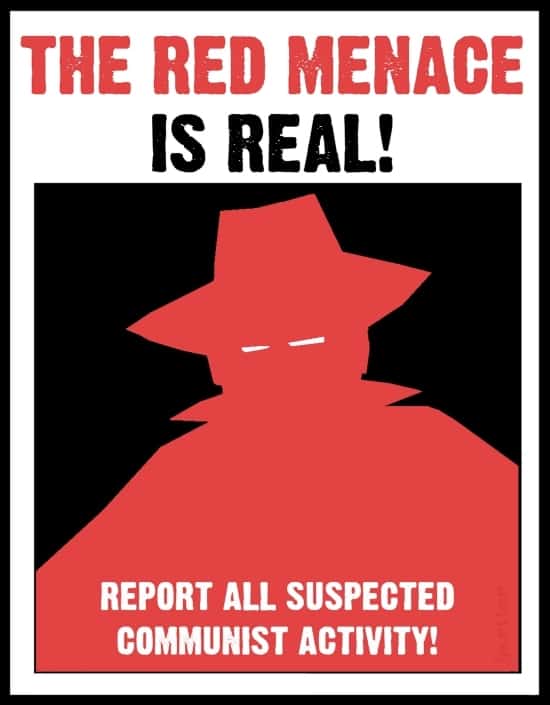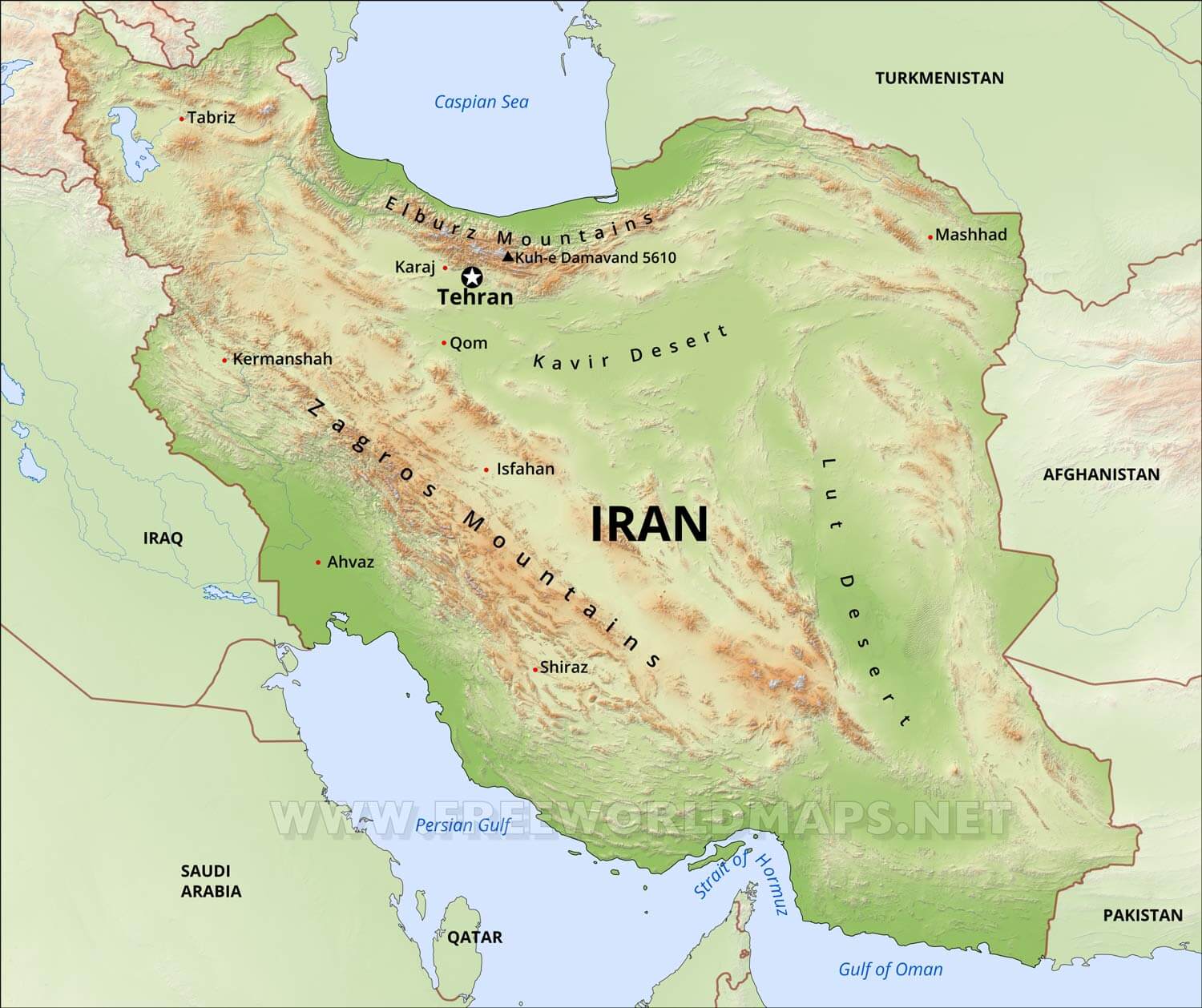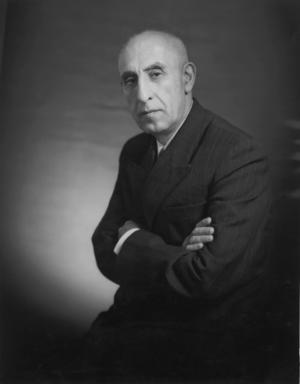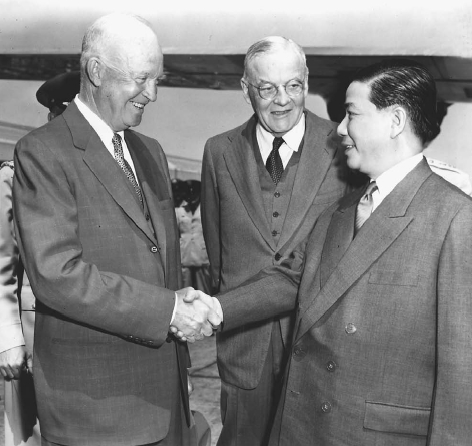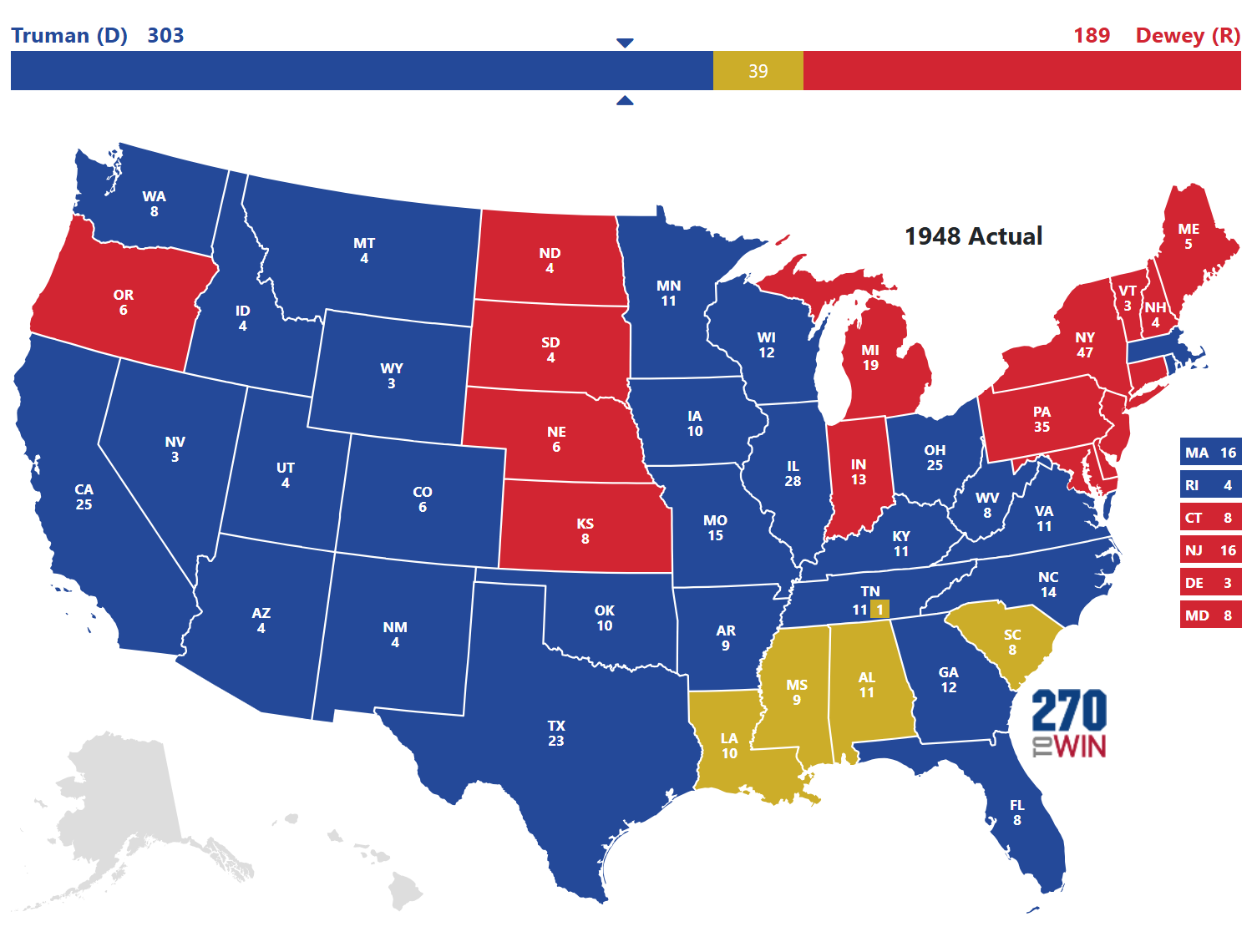For
most of today’s young Americans, modern Japan brings to mind anime, sushi, and
all things strange. Probe people for something about Japan with a bit more
historical significance and two locations will immediately come forward: Pearl
Harbor and Hiroshima. Studies of US-Japan relations for most Americans begin
with the former and end with the latter. Studies of US-Japan relations for most
Japanese begin with the latter. It thus surprises many Americans when they
learn that Japan is constitutionally prohibited from going to war.
Imperial
Japan surrendered on August 15, 1945, accepting the terms laid out in
accordance with the Potsdam Declaration. To reach this point, Japan had not
only endured the atomic bombings of Hiroshima and Nagasaki, but also the
wholesale firebombing of most of its major cities, which killed hundreds of
thousands of civilians. Even then, the higher ups in the military wanted to
continue the fight. It was only the intervention of Emperor Hirohito himself
that finally compelled the military to surrender…Why did they go so far?
The
Potsdam Declaration called for, in addition to relinquishing conquered
territories, Japan’s “unconditional surrender.” To the higher ups, this meant
the dismantling of the Japanese imperial nation-state as it had existed since
1868, and further, the potential dissolution of the imperial system in its
entirety. For the last 1,000 of the roughly 2,600 years (a good portion likely
mythical) of the imperial line, the emperor had not been much more than a
symbol, often to legitimize the rule of powerful samurai families. The Meiji
Restoration of 1868 put an end to feudal Japan and samurai rule, creating a
modern, constitutional state with the emperor at its center. Vestiges of
samurai culture would persist, but lay dormant as Japan modernized over half a
century, only coming back to the fore as the military took control of the
country in the 1930s.
MacArthur with Hirohito
Though
the allied forces did end up abolishing the “Empire of Japan” during the
occupation from 1945 to 1952, in a turn of events that surprised even Emperor
Hirohito himself, the U.S. decided not
to force his abdication and abolish the imperial system. This was not, of
course, out of some respect for the ancient tradition, but for—much like the
samurai of old—utilizing the imperial institution to more easily maintain
control over and carry out reforms of occupied Japan.
Indeed,
Emperor Hirohito had one of the most unique experiences in human history: from
being worshiped as a living god and the bedrock of the militarist state that
compelled its citizens to fight and die in his name, to being “the symbol of
the State and of the unity of the People, deriving his position from the will
of the people with whom resides sovereign power” (Constitution of Japan).
Moreover, this new Japanese “State” would make pacifism one of its most
important values, expressed through Article 9 of the Japanese Constitution
established in 1947, which fundamentally renounces war as a political tool of
the state.
Article 9. Aspiring sincerely to
an international peace based on justice and order, the Japanese people forever
renounce war as a sovereign right of the nation and the threat or use of force
as means of settling international disputes. In order to accomplish the aim of
the preceding paragraph, land, sea, and air forces, as well as other war
potential, will never be maintained. The right of belligerency of the state
will not be recognized.
However,
with the victory of the Communist Party of China in the Chinese Civil War in
1949 and the outbreak of the Korean War in 1950, the U.S. backtracked its
position on the matter and Japan would create a “Self Defense Force” in the
1950s consisting of land, sea, and air forces with a legal status that views it
as an extension of the national police force prohibited from engaging in
conflict unless Japan is directly attacked. Extensions of the size and role of
the Self Defense Force remains a contentious issue within Japan and the call to
revise Article 9 by the current ruling party are as of now widely unpopular
among Japanese. Time will tell if the push of certain domestic politicians
coupled with changing geopolitical conditions, a rising China and a potential
retreat of the US military from the Asia-Pacific region will lead Japan to once
again have an unrestricted military.
By Matt D'Elia
By Matt D'Elia



